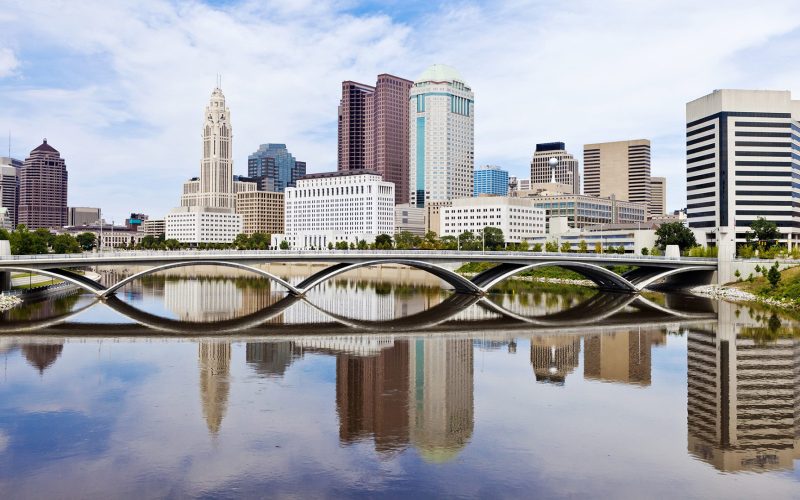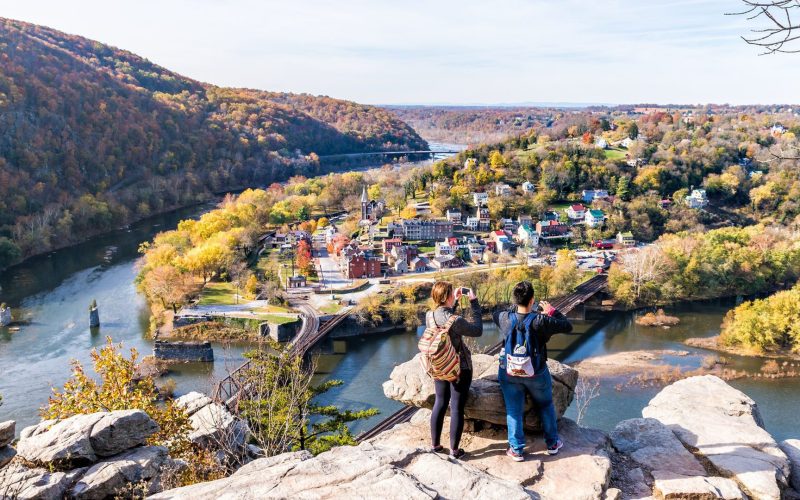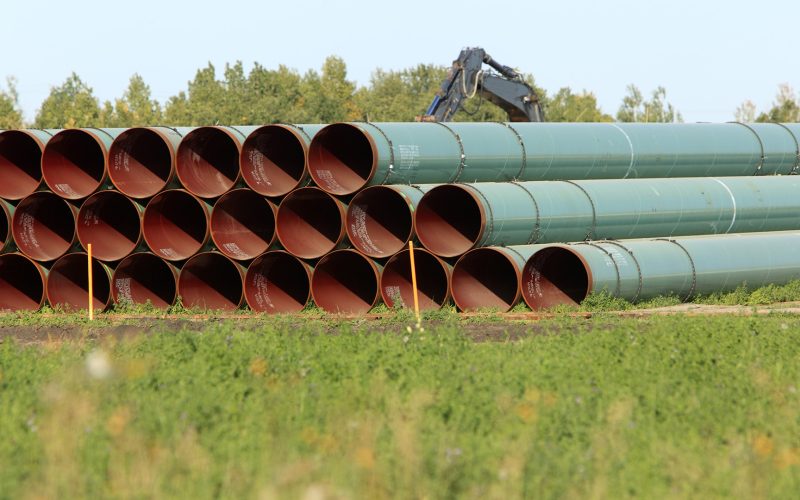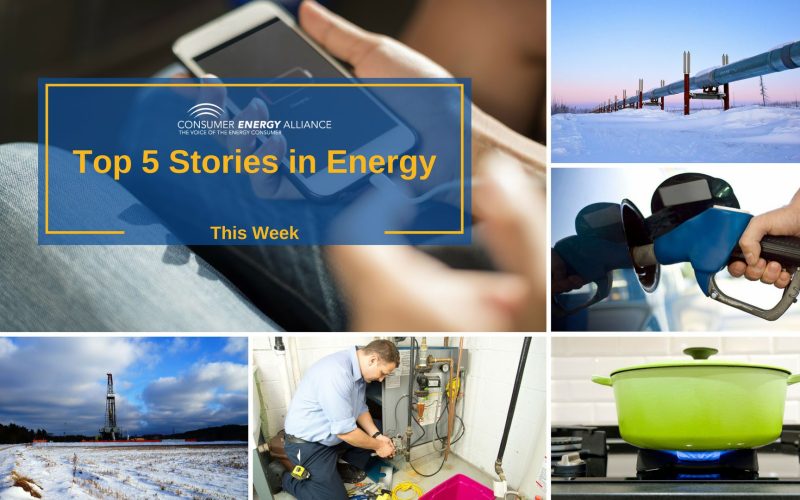THE VOICE FOR THE ENERGY CONSUMER

As Consumer Energy Alliance reported in September, Ohio’s emissions have cut faster than the national average. Chris Ventura, Ohio Executive Director for CEA, backs up this study with a nod.

Louisville, KY – Consumer Energy Alliance (CEA), the leading consumer energy advocate, testified at a Kentucky House Natural Resources and Energy Committee hearing on HB 575, which aims to preserve.

The rhetoric of anti-energy activists ignores the very real benefits that natural gas production brings to the families and small businesses of West Virginia. “Natural gas has done its part.

Washington, D.C. – The United States’ emergence as the world’s largest and most environmentally responsible producer of oil and natural gas is acting as a defense against the latest attempts.

Columbus, OH – Consumer Energy Alliance (CEA), the leading consumer energy advocate, released the following statement as the Illinois Commerce Commission (ICC) considers an expansion of the Dakota Access Pipeline.

Columbus, OH – Consumer Energy Alliance (CEA), the leading consumer energy advocate, released the following statement as the Illinois Commerce Commission (ICC) considers an expansion of the Dakota Access Pipeline.

Victoria Gonzales is the New Mexico Director for Consumer Energy Alliance. Victoria reiterates the importance of traditional fuels, like oil and gas, on New Mexico’s economy. “Oil and natural gas.

This week Alex Trebek updated us on his cancer diagnosis, Harvey Weinstein was moved to Riker’s Island jail after his hospital stay and Demi Lavato released her “I Love Me”.

Representative Alexandria Ocasio-Cortez and Senator Edward Markey sponsor the Green New Deal. While the deal has seen great support in the press, it comes at a cost to the American.